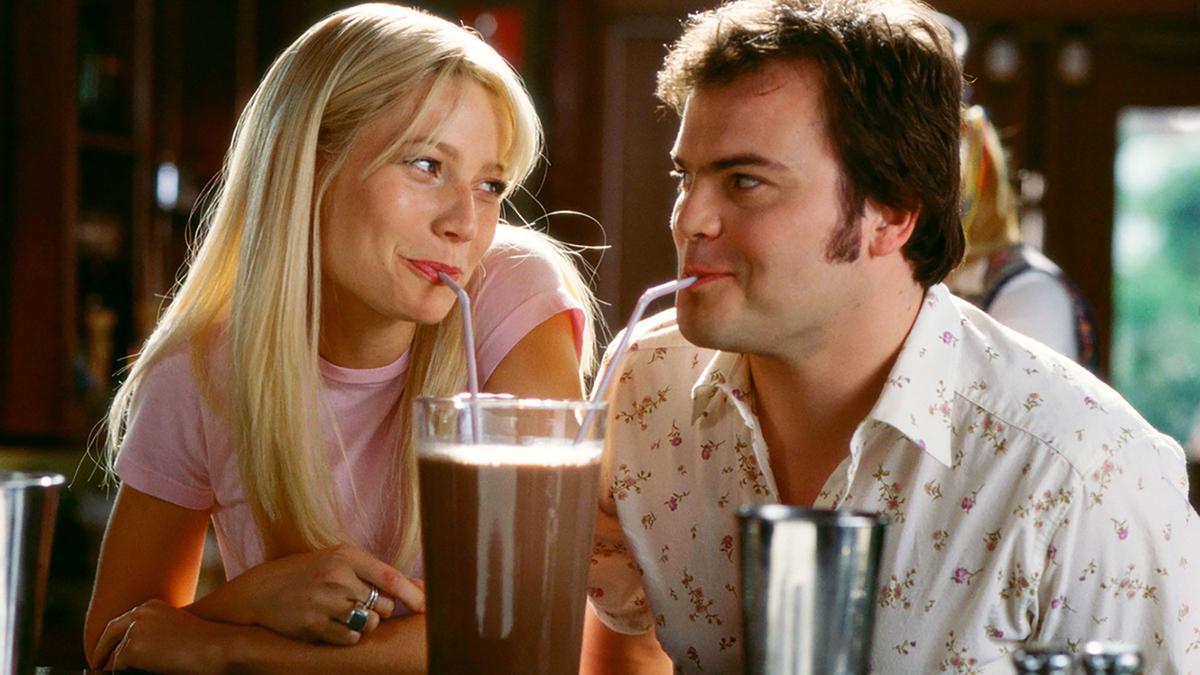We might ask ourselves what is the impact of the “COVID-19 era” on love ties. What effects have the long months of confinement generated, the forced coexistence and the anguish derived from the pandemic? What is it like to fall in love or find a partner these days?
Something that has become very clear is that even in the midst of illness and death, people have not stopped looking for a partner. Virtual resources were launched and in some places dating apps exploded. Given the state of vulnerability, it seems that attachment has become crucially important. One of the most desired sensations in these times has been to feel accompanied and why not?… loved.
Even Cupid had to “reinvent” and circulate through social networks and dating applications, busier than ever… In some cases, when strict confinement made love “impossible”, many rebelled, breaking the rules of isolation. Others gave space to fantasy and wonder, as unprecedented affections with which they learned to live without fainting.
The state of falling in love has been compared by Sigmund Freud with hypnosis, due to the sensation of intense idealization that it entails and the predominance of the need to merge with the other. It is considered the prototype “normal” of madness. It is said that the lover “blind” because he imagines that the chosen one will fulfill all his expectations. Although it is a mirage -and a transitory state-, it seems to be a fundamental and necessary step in the construction of a couple.
When love leads to an “institutional” relationship -or conjugal choice- it allows the construction of a project -an “us”- on which heavy burdens of ideality fall.
It is an organizational system whose compliance, among other things, produces the satisfaction of adapting to the prevailing social ideal. The partners not only pledge fidelity to each other, but also to the contract established by the culture.
However, Love has something of madness and transgression. He says Eduardo Cardenas (former Family Judge) that there has always been and will be a struggle between Love and rules, because both need each other and are essential forms for the course of human life. He considers that they always existed and will exist “institutional” loves and “outlaw” loves.
Testimony of this are some stories that have become famous. Mariquita Sánchez, for example, defended her love for her cousin, the naval officer Martín Thomson. She resisted pressure from her parents who wanted to marry her to an older and wealthier candidate. She confined by them in a convent, she appealed in writing to Viceroy Sobremonte, she managed to get him to order her release and authorize -contrary to the customs and norms of the time- the marriage desired by the young woman.
love_1200.jpg
The priest from Tucuman Ladislao Gutierrez and Camila O’Gorman -whose tragic passion was made into a movie- fell in love, fled together and were arrested and shot by order of Rosas in compliance with the legislation of that time.
Mary Josefa Ezcurra was “married” to a cousin by her family, despite being in love with Manuel Belgrano. Just when she was abandoned by her husband, she decided to accompany Belgrano, who was in charge of the Northern Army, and there she became pregnant with him, giving birth to a child who was later adopted by Juan Manuel de Rosas and that only at the age of 18 did he know his true identity.
Today the borders are running and becoming blurred. A conception that takes more and more into account the will and desires of people would seem to be making its way. These last times of global upheaval have revealed the utopia of trying to control the vicissitudes of the affective and sexual life of human beings.
Psychoanalysis has taught us that it is necessary to love in order not to get sick. We verify that the need to survive also activates the passions and that Love makes its way, even in the most extreme circumstances.
Psychoanalyst. Member of the Argentine Psychoanalytic Association. Specialist in families, couples and groups. She is the author of the book “La familia y la ley. Conflicts-Transformations”.
Source: Ambito




